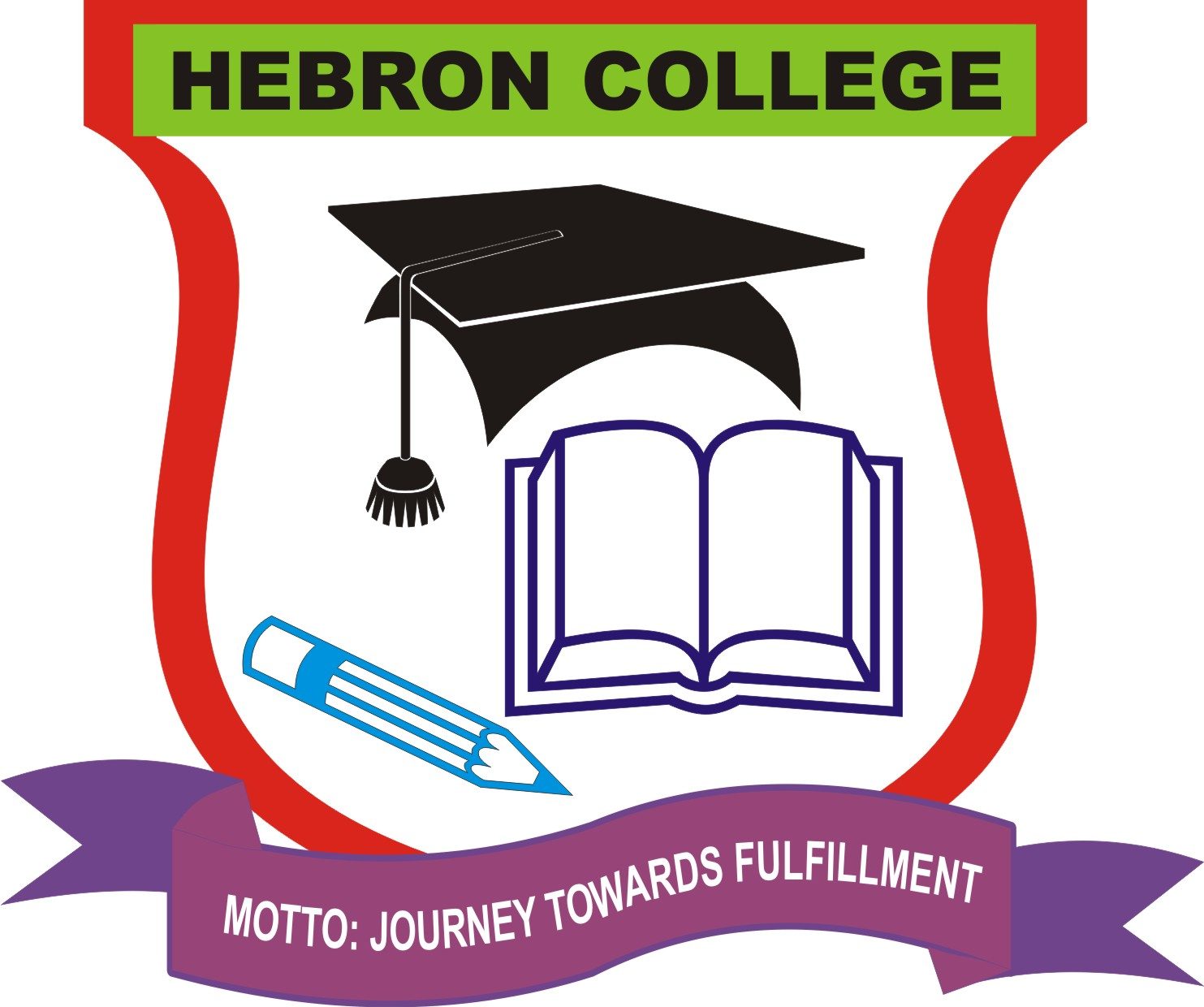INTRODUCTION
JETS club is an acronym for “Junior Engineers, Technicians and Scientist”. The JETS club is a science body that helps in inculcating better understanding of sciences into its members. JETS club project helps to reveal the full potential of young minds, in a way for a child to discover his/her creative potential.
JETS club was created to provide children with an introduction to science in Nigeria. The club was created in 1982 by Professor Peter Okebukola. JETS club project in Nigeria encouraged the smartest kids to think like a scientist.
OBJECTIVE
The major distinction between developing and developed nations is hidden in their scientific advancement. Therefore, science could be the way for Nigeria to go from being a developing nation to a developed one. For this to happen, it is important to cultivate scientific and technological skills in our children.
Science fair projects are one of the greatest opportunities for kids to open their mind! It helps students learn science, not from the perspective of theory, where they learn just facts, but they get to perform real experiments. The science projects also develop the spirit of constructive competition between students. It is so much more than just passive listening to teachers in the classes.
There are four types of science project in which kids can participate;
1. Projects aimed at creating an external object. For instance, car project. Airplane projects and so on.

2. Projects created to satisfy aesthetic feelings. This could be projects connected to music, arts, etc.

3. Projects created to provide solutions to certain problems. For instance, projects that brings about ideals on how to solve poverty issues in the world, deforestation or preservation of endangered species.
4. Projects created to provide students with some knowledge or skills. This could be a research experiment.
Science projects help kids develop their scientific and technical skills. It also helps them to create a name for themselves

Science projects help kids develop their scientific and technical skills. It also helps them to create a name for themselves
HANDLERS AND GROUPING
Here in Hebron College JETS club under the tutelage of;
1. Mr. Stephen Bamisaye (Physics teacher/HOD Science department)
2. Mr. Oyedele Ajibade (Computer Studies/Data Processing teacher)
3. Mr. Bamidele Adeyeri (Biology teacher)
4. Miss. Osikomaiya Lydia (Chemistry teacher)
Selectively grouped the students that are members into four groups, namely;
Group "J"
Group "E"
Group "T"
Group "S"
Each group will appoint a Team lead among themselves, and the groups will be
expected to execute a project before the end of the term.
PAST PROJECTS
The school JETS club had successfully carried out the following;
Vacuum cleaner
Materials are;
i. D.C. Rotor
ii. Plastic Container
iii. Wires
iv. Propellers
v. Rubber Hose
vi. D.C. batteries
vii. Switch
Power Bank
Materials are;
i. D.C. Circuit Board
ii. Wires
iii. Insulators
iv. Batteries
v. Plastic container (for casing)
Battery Powered Fan
Materials are;
i. Propeller
ii. Plastic Stand
iii. Wires
iv. D.C. Batteries
v. Switch
vi. Rotor
Remote Controlled Car
Materials are;
i. Carton (for the body)
ii. Rotors
iii. Wires
iv. D.C. Batteries
v. Plastic Tyres
vi. Light Bulbs
vii. Receiver (Remote control)
FUTURE PROJECTS
With the successes recorded in actualizing the above mentioned projects, we look forward in pursuing the following projects;
1. Submarine
2. Electric Blender
3. Fruit Extractor
CONCLUSION
Scientific progress is what distinguishes developing countries from their developed counterparts. Unfortunately, Nigeria has not shown that she’s ready to go on the list of developed nations. However, science fair projects like JETS club may provide the solutions we need. So, at Hebron College we are imbibing the technical skills needed for our wards to engrave the names among the world’s great inventors.
